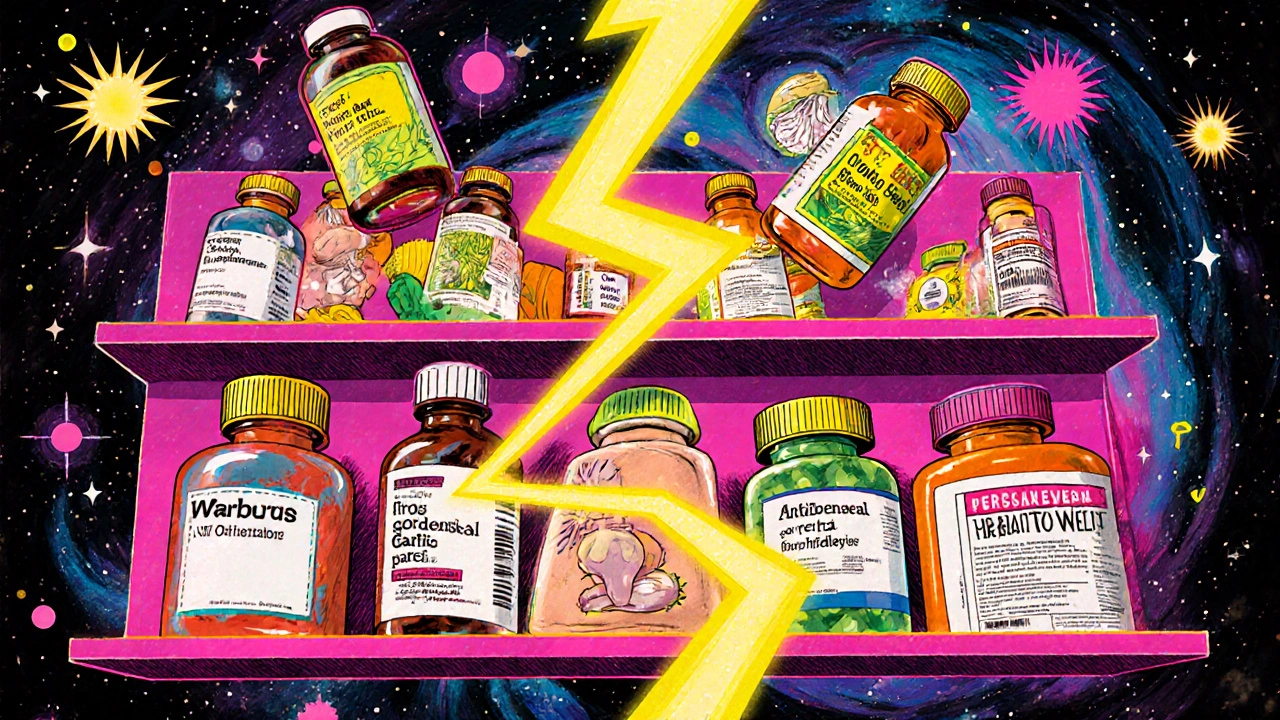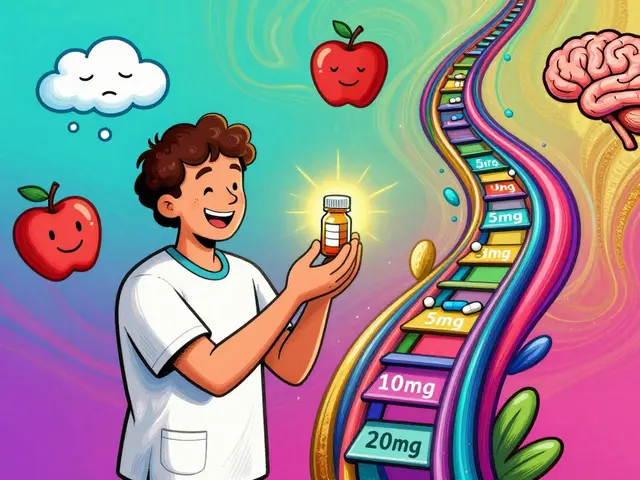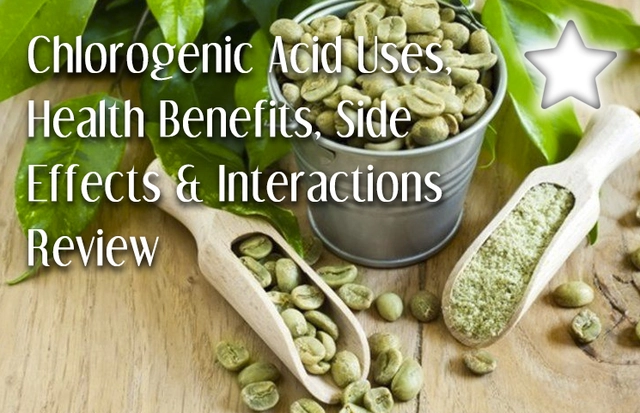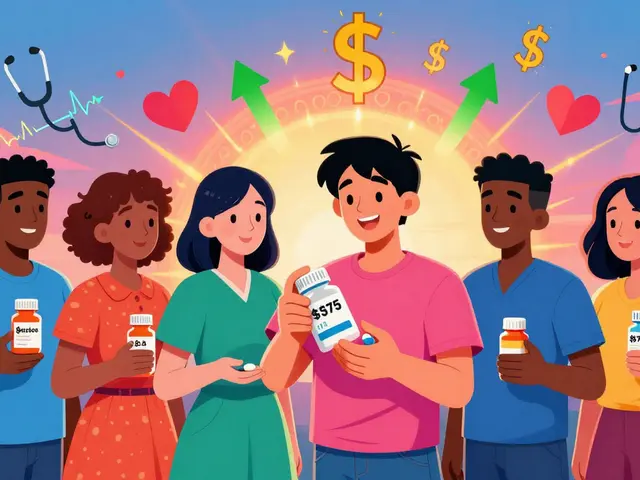Ginkgo Biloba: Benefits, Uses, and What the Research Really Says
When you hear Ginkgo biloba, a tree-derived herbal supplement long used in traditional medicine for memory and circulation. Also known as maidenhair tree extract, it's one of the most popular supplements sold worldwide for brain health. But does it actually work? Or is it just another supplement with flashy marketing? The answer isn’t simple — and that’s why people keep asking.
Ginkgo biloba is often linked to memory, the ability to recall information, often targeted by supplements for aging adults, cognitive function, how well your brain processes information, focuses, and makes decisions, and blood flow, the movement of blood through vessels, especially to the brain and extremities. These aren’t just buzzwords — they’re the core reasons people take it. Studies show it may help improve circulation by relaxing blood vessels and reducing stickiness in platelets. That’s why some users report better focus, less brain fog, or even improved walking speed in older adults with circulation issues. But results vary. A large NIH study found no significant memory boost in healthy older adults over six years. Yet other trials, especially in people with mild cognitive decline, showed modest benefits in attention and mental speed.
It’s not a magic pill, but it’s not a placebo either. People who take it often do so because they feel something — clearer thinking after a long day, less dizziness, or warmer hands in winter. That’s not nothing. But if you’re expecting it to reverse dementia or turn you into a genius, you’ll be disappointed. It works best as part of a broader approach: good sleep, regular movement, and a clean diet. It also plays well with other supplements like omega-3s and B vitamins, which support brain health in different ways. One thing to watch: it can interact with blood thinners like warfarin or aspirin. If you’re on any meds, talk to your doctor before starting it.
What you’ll find in the posts below isn’t a sales pitch. It’s a real look at how ginkgo biloba fits into the bigger picture of medication safety, supplement comparisons, and how herbal remedies interact with prescription drugs. You’ll see how it stacks up against other nootropics, what side effects people actually report, and why some users swear by it while others see zero change. This isn’t about hype. It’s about what the data, the users, and the science actually say — so you can decide if it’s right for you.
Herbal Supplements That Interact with Common Prescription Drugs
Herbal supplements like St. John's Wort and ginkgo biloba can dangerously interact with common prescription drugs, reducing effectiveness or causing life-threatening side effects. Learn which herbs are risky and what to do to stay safe.






